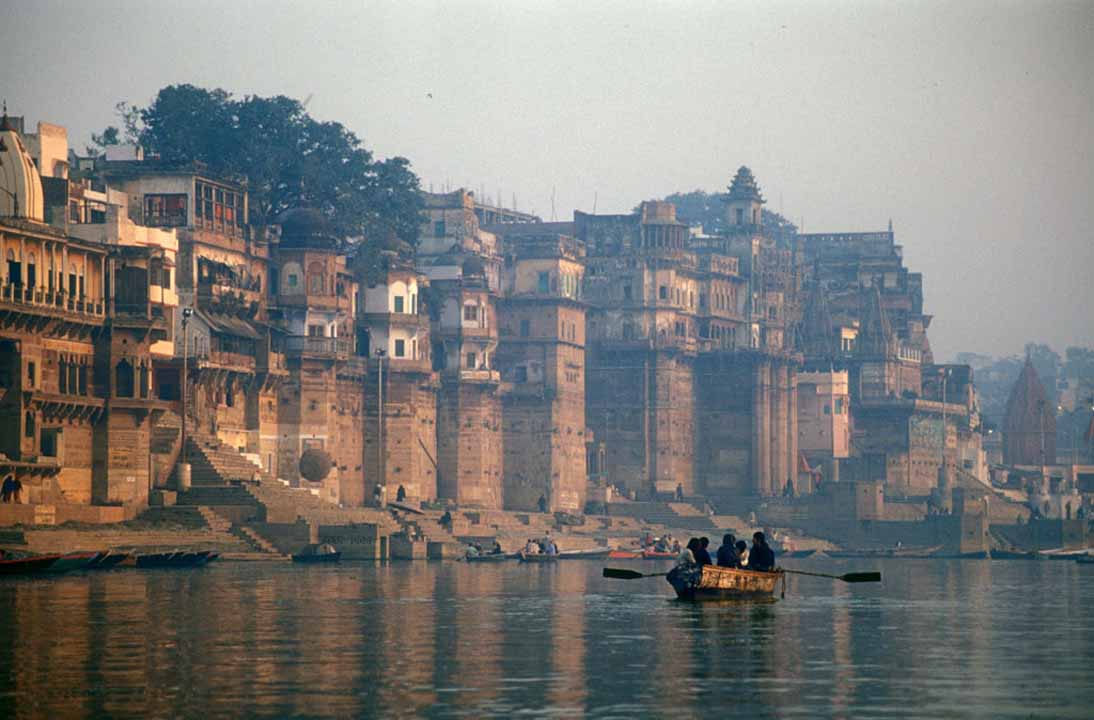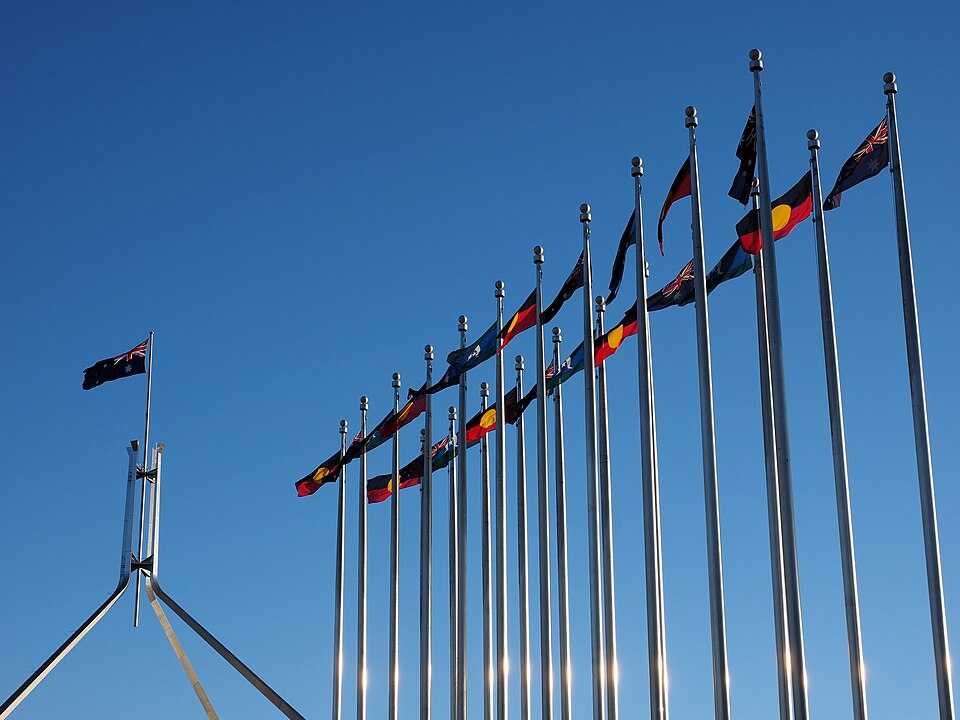The outcome of the 2025 mid-term elections senatorial contest in the Philippines will significantly shape the political landscape. The 2028 elections are promising to be a struggle for control, influence, and dominance over political and economic resources between the Marcos-Romualdez clan and the Dutertes.
The 12 May 2025 national and local mid-term elections in the Philippines are generally perceived as a proxy battle between the current president, Ferdinand Marcos Jr. (Bongbong Marcos), and Vice-President Sara Duterte. As neither is a candidate, they competed through their respective candidates for the nationally-elected senators. The former set up his Alyansa para sa Bagong Pilipinas (Alliance for a New Philippines), a union of the administration’s allies coming from five political parties with 11 candidates, while Sara formed her DuterTen with ten aspirants from three political electoral parties.
The outcome of the 2025 mid-term elections senatorial contest is highly significant as it will shape the political landscape of the forthcoming 2028 presidential elections. Although Bongbong Marcos is prohibited by the 1987 Constitution to run for a second term as president, his cousin and current Speaker of the House of Representatives (HoR), Martin Romualdez, is speculated, by Sara, to run for the Office of the President. While Duterte has not categorically stated her intention to file her candidacy for the presidential election, she remains the frontrunner for the 2028 race. To be sure, the 2028 elections are promising to be a struggle for control, influence, and dominance over political and economic resources between the Marcos-Romualdez clan and the Dutertes.
The 2021 political alliance, dubbed UniTeam (United Team), of Bongbong and Sara Duterte came to an end in late 2024. As scions of the country’s autocratic leaders, Ferdinand Sr. and Rodrigo Duterte respectively, they had established a pragmatic and strategic partnership that combined their regional strongholds—Marcos’s northern island of the Philippines (Luzon, specifically in the Ilocos region) and Duterte’s southern Philippines (particularly in the Davao region)—leading to a landslide victory.
The precedents
The disintegration of the UniTeam two years after its success in the national and local elections is caused by competing personal and political ambitions, and vendettas, particularly among Marcos Jr. and Sara. The forceful and frequently personal nature and character of Filipino politics has been the primary contributing factor to the conflict.
Early cracks within the alliance started to appear in late 2023 when Duterte resigned as Secretary of the Department of Education (DepEd) due to Marcos Jr.’s denial of her preferred cabinet post, the Department of National Defence. After leaving, the HoR’s Committee on Good Government and Accountability, under the aegis of “legislative function,” initiated a series of hearings examining her expense of ₱612 million (US$11 million) in public funds, classified as confidential and intelligence funds. Lawmakers argued that Duterte misused funds during her time as vice-president and secretary of DepEd, and she was subsequently accused of corruption.
Duterte was eventually impeached by the HoR (dominated by Marcos allies) in February 2025 for graft after allegedly bribing 215 out of 316 lawmakers with a total of more than P32B (USD 570M) by the HoR leadership. If convicted by the Philippines Senate she will be removed from office and disqualified from holding any public office, as defined in the 1987 Constitution. Some suggest that Duterte’s impeachment was precipitated by her threats of assassination towards Marcos Jr., his wife, and the House Speaker in late 2024, claiming that it was a “revenge plan” if she will be killed.
In March, two months before the mid-term election, contradictions sharpened between the two camps when former president Rodrigo Duterte was surrendered by Marcos Jr. to the International Criminal Court (ICC) for alleged “crimes against humanity.” These were allegedly committed during his six–year term of office (2016-2022) as president and 22 years, intermittently, as local government executive (mayor) of Davao City. Marcos Jr. stated that it is the commitment of the government to the International Criminal Police Organisation (Interpol), deputised by the ICC, to execute the arrest.
In response, Duterte’s camp accused Marcos of capitulating to the ICC’s jurisdiction without bringing him to the local court—where proper judicial proceedings will take place, a core principle of complementarity in the ICC. The Philippine Office of the Solicitor General has also contended that the country had already withdrawn from the ICC effective 2019. For this reason, Marcos has been denounced for sacrificing the country’s national sovereignty and violating the Philippine 1987 constitution.
Electoral consequences
This political upheaval among Filipinos has translated into a shift in voters’ sentiments. Of 12 Senate seats up for grabs, the administration’s coalition (Alliance for a New Philippines) could only secure six, and only five of those are considered loyal to Marcos. This is well below Marcos’ expectations, particularly given the government’s resources (and dominant power position), which was poured into the campaign. The opposition party (DuterTen) fielded only ten candidates for the Senate and won four seats; the other two were taken by the allies of former vice-president Leni Robredo, who weren’t even considered in the “magic 12” pre-election polls.
Looking beyond elections
With the approaching Senate impeachment trial, set to commence in late July 2025 together with the incoming 12 senators who won in the last elections, Sara Duterte will presumably be acquitted given the number of votes necessary to be exonerated from impeachment charges. The “trial” is by nature a political exercise driven by the political and personal agenda and ambitions of the senator-judges, which constitute the impeachment court. By this prognosis, Duterte will likely consider running as a candidate for the 2028 presidential elections.
In as much as governance in the Philippines has been historically shaped by personal and political interests rather than policies, issues, and political platforms, the 2025 elections continue to affirm such behaviour and political culture. In 2022, people voted not because of candidates’ political party differences (in terms of political platforms, ideologies, or philosophies) since there were none. Both major competing parties, Alyansa and DuterTen, are composed of traditional politicians, media people or professionals who are extremely wealthy or come from families with generational wealth. Their commonalities lie in their class bases, elite origins, and the interests they represent.
The absence of any discernible ideological or philosophical differences between political parties make party-switching or “turncoatism” a common feature of Philippine politics. This notably weak party system, patronage politics, and elitism undermines the legitimacy not only of elected officials of government, but also the processes and institutions of democracy. The disparity between politicians’ interests and the masses’ aspirations is a consequence of the imbalance and uneven development of the country’s political and economic transformation, and one of the highest rates of income inequality in East Asia.
Rodrigo Duterte
People tend to vote for candidates framed as protagonists in movies or telenovela-like narratives. If one acts as the defender of the poor, oppressed, and victims of injustices against the rich and corrupt politicians, they are seen as the “peoples’ hero.” On this basis, many Filipinos viewed Rodrigo’s “war on drugs” as having been effective in combating crime and corruption, despite human rights concerns. Duterte’s blunt, “man of the people” rhetoric resonated with voters, particularly in rural and lower-income areas.
Duterte gained the endearment of the masses becuase they could identify themselves with the former’s struggles against prejudices, inequalities, and discrimination exacted by the oligarchs, corrupt politicians, and elite-dominated politics. He captured the minds and hearts of the poor because he understood how the poor lived, laboured, suffered, and wrestled with everyday life.
Sending the 80-year old Duterte to The Hague without due process and impeaching his daughter, Sara, has undoubtedly transformed them into underdog figures. Despite facing international charges for crimes against humanity, Rodrigo Duterte was re-elected mayor in his home city (Davao City) while languishing in the ICC jail (Prison Scheveningen). Filipinos often rally behind leaders perceived as unfairly targeted, viewing their struggles as emblematic of broader systemic corruption. In the same way, Sara’s approval ratings rose after the mid-term elections, reflecting a culture that sympathises with leaders under siege.
Conclusion
The country’s personalistic-style of governance has largely contributed to the growing erosion of political institutions, weakening the country’s electoral system and the legitimacy of government. The traditional political dynasties have returned after a national cacique was overthrown in 1986. The past five presidents have been unable to secure the institutions and systems of governance. Perhaps worse, they have been unable to reduce poverty, improve economic independence, and achieve mass democracy.
Rizal G. Buendia, PhD, is an independent consultant and researcher in Southeast Asian Politics based in Wales and England, UK.
This article is published under a Creative Commons License and may be republished with attribution.




